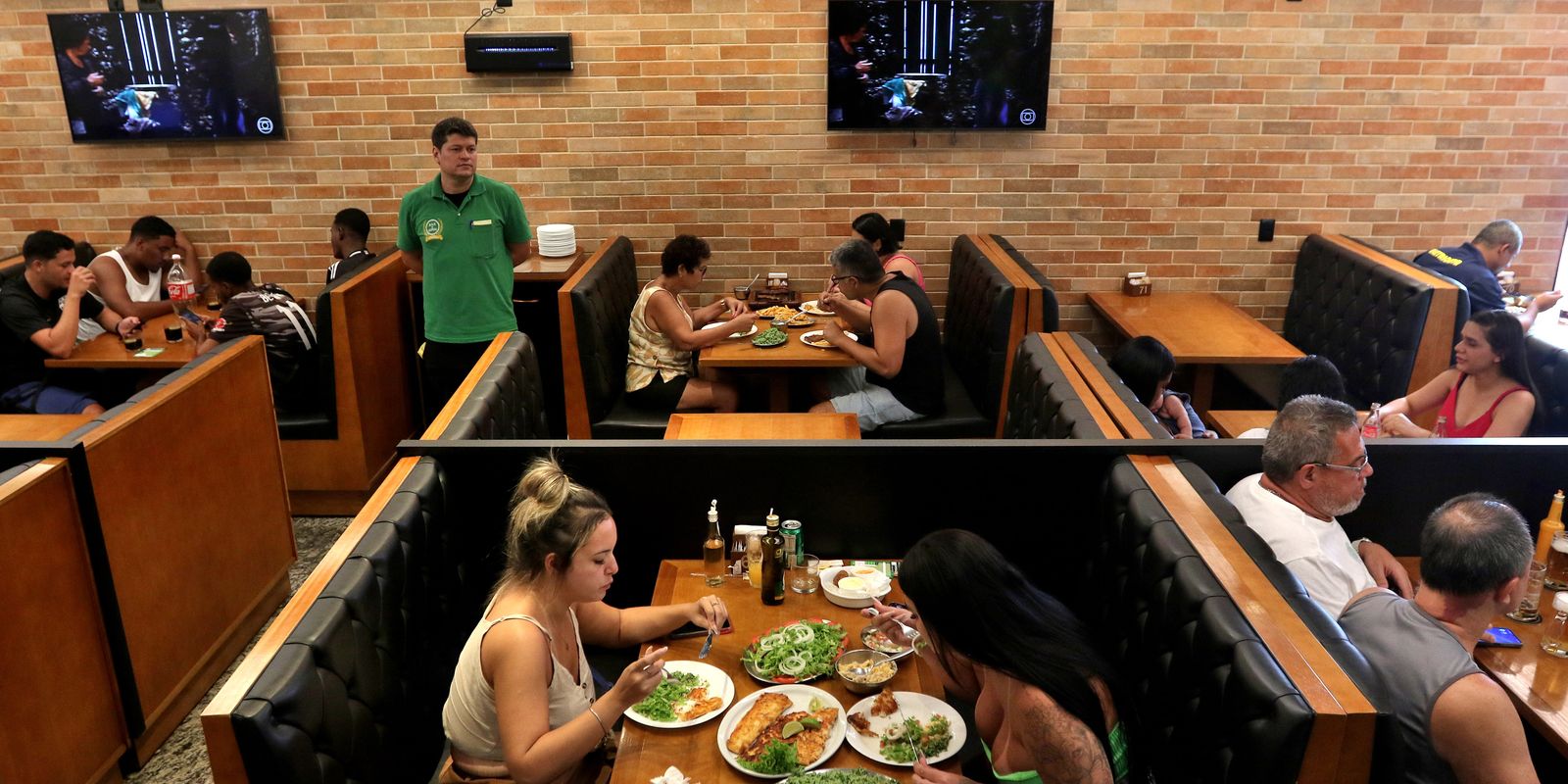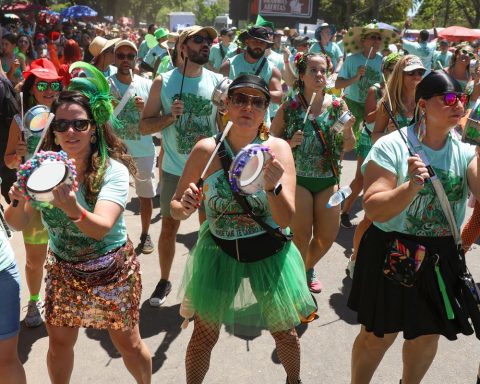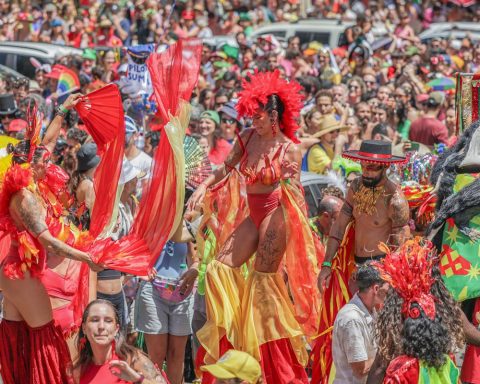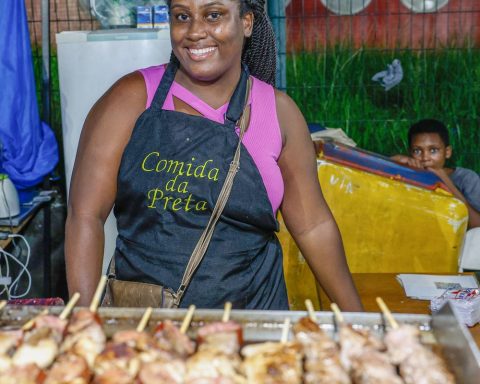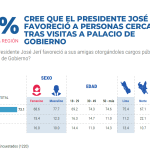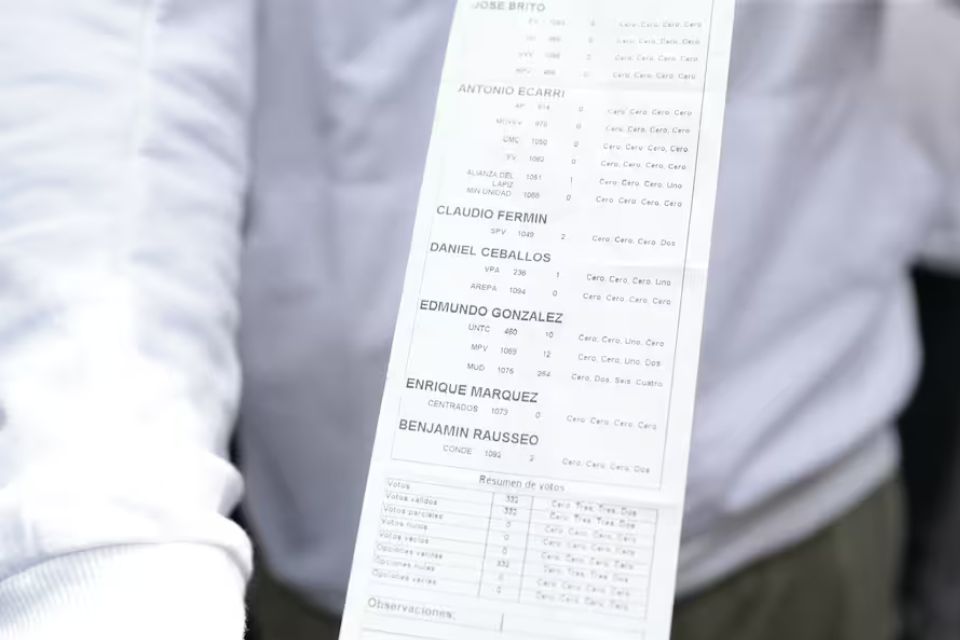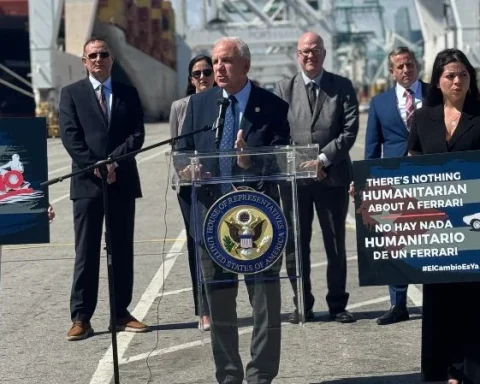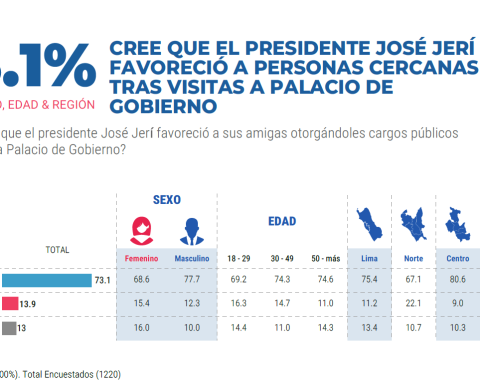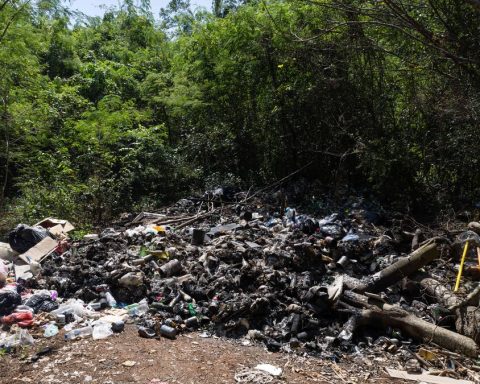Around 79% of establishments in the bar and restaurant sector expect to make more sales on Father’s Day compared to the same date last year. For 65% of them, the increase could be up to 20%. This is what a survey conducted between July 22 and 29 with 2,005 business owners from all over the country by the Brazilian Association of Bars and Restaurants (Abrasel) reveals.
Seventy-eight percent of businesses plan to open on Father’s Day. The survey also shows that, compared to a normal Sunday, 57% of business owners expect an increase of up to 20% in sales. Of the total number of respondents, 7% said they expected growth of between 21% and 30%, while another 7% were more optimistic, predicting growth in revenue of over 30%.
Speaking to Brazil Agencythe person responsible for content at Abrasel, José Eduardo Camargo, said that, despite the expectation of increased sales, 60% of companies operated without profit in June, including 36% that remained balanced and 24% that recorded losses.
In July, the number of establishments at a loss fell to 24%. In total, 40% of companies have outstanding debts. “That’s a quarter of the sector that is unable to work with positive results. This is very worrying because it is becoming chronic, mainly due to debts,” Camargo noted.
Debts
The perception of movement is that it is normal, he said. “There is no drop in movement. Companies are having difficulty paying overdue debts, for example, which affects the result but not the revenue.”
Just like what happened on Mother’s Day, Valentine’s Day and Carnival, companies are taking advantage of this to regain their breath and, although the date, historically, is not as powerful as the others, Camargo assured that “people are betting a lot this year”.
Among indebted companies, 73% owe federal taxes, 47% owe state taxes, 36% have outstanding bank loans, 29% have debts with public services such as water, electricity, gas and telephone, 29% owe labor and social security charges, 27% are in arrears with municipal fees, 22% owe suppliers of inputs such as food and beverages, 20% owe rent, 11% owe suppliers of equipment and services and 6% are in arrears with payments to employees.
“Business owners prefer to pay their employees, because otherwise they cannot stay open, as well as suppliers and essential services such as water. That is why so many people owe taxes,” analyzed Camargo. He also highlighted that over time this causes an increasingly important problem for the business owner.
Accession
To face these difficulties, Abrasel is encouraging companies to join the new Emergency Program for the Resumption of the Events Sector (Perse), reestablished on May 22 of this year by Law 14,859/2024, although with limitations, whose deadline ends at the end of this Friday (2), even for companies with restrictions due to overdue debts. The program offers tax benefits to businesses in the sector up to the amount of R$ 15 billion in tax waivers.
The original PERSE was established by Law 14,148/21 with the aim of creating conditions for the resumption of the events sector in the country, affected by the COVID-19 pandemic. The measure also considered bars and restaurants. It established a reduction in the tax rate of taxes such as the Social Integration Program (PIS), Contribution for the Financing of Social Security (Cofins), Income Tax – Legal Entity (IRPJ) and Social Contribution on Net Income (CSLL) to zero for a period of five years. However, the program was revoked by Provisional Measure 1,202/2023, after suspicion of fraud, which generated a large number of lawsuits in court.
Sector
Companies affiliated with Abrasel total 1.4 million businesses, including bars, restaurants, snack bars, bakeries with resale, companies that only do deliverycafes and bistros. José Eduardo Camargo estimated that the bar and restaurant sector is perhaps the only one that is present in all municipalities in the country, even the smallest ones. “It has a very large capillarity”, he concluded.
